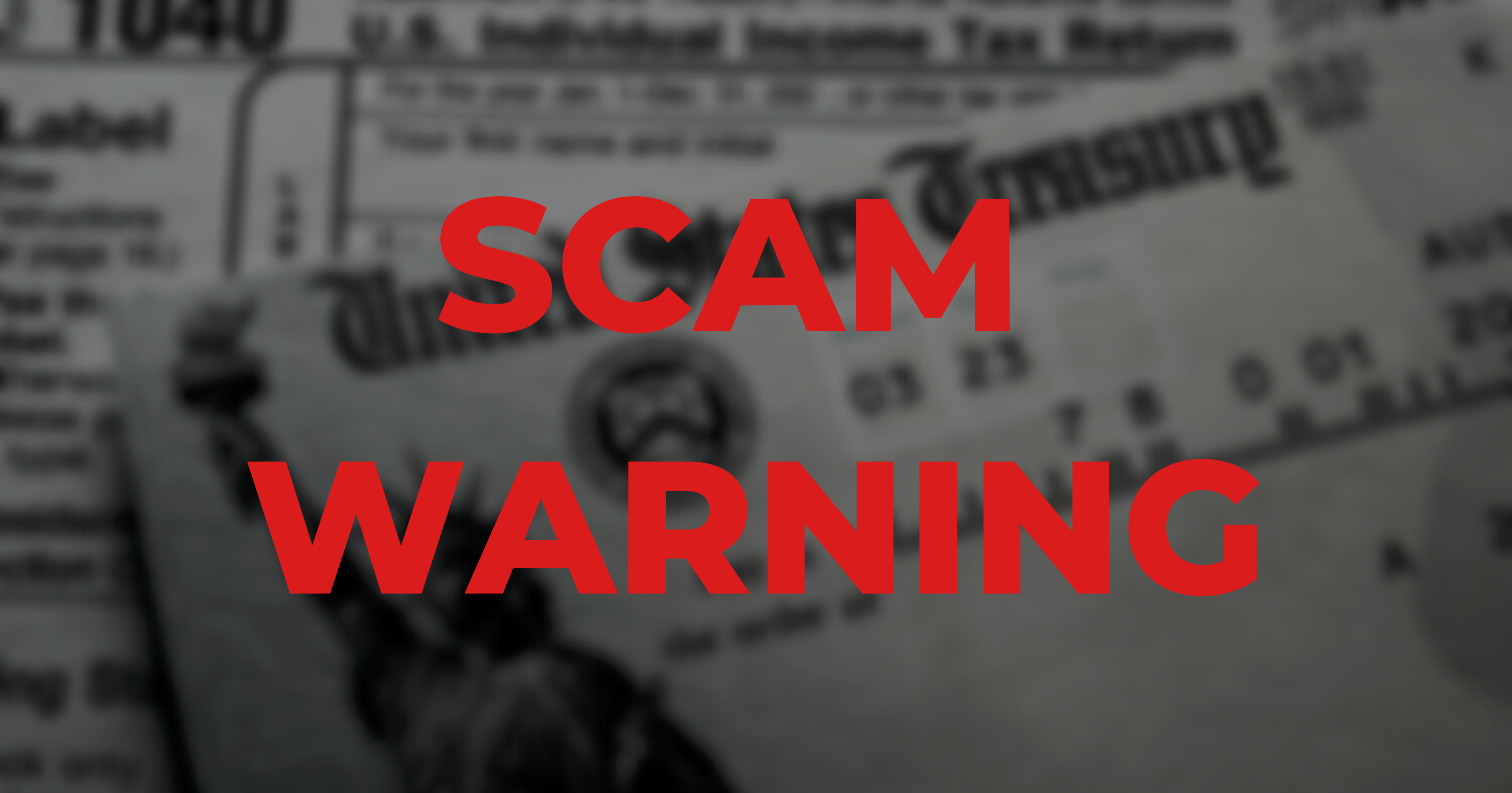Attorney General Jennings Warns of Scams Related to Stimulus Checks
Department of Justice | Department of Justice Press Releases | News | Date Posted: Wednesday, April 8, 2020
Department of Justice | Department of Justice Press Releases | News | Date Posted: Wednesday, April 8, 2020

Attorney General Kathy Jennings warns Delawareans to be wary of scams related to the Coronavirus Aid, Relief, and. Economic Security (CARES) Act. The economic relief package includes direct payments to most Americans, totaling as much as $1,200 for individuals or $2,400 for joint filers, depending on income.
“During this time of uncertainty—with unemployment surging and a growing number of confirmed COVID-19 cases—Americans have enough to worry about without fear of predatory scammers,” said Attorney General Jennings. “Scammers will use various tactics to deceive and intimidate Americans. We will not tolerate preying on people’s fear and uncertainty, and I urge Delawareans to report any suspicious scams or phishing attempts to the Consumer Protection Unit.”
While some Americans may receive physical checks in the mailbox rather than direct deposit, scammers across the country are already using the proposed federal stimulus package as an opportunity to prey on consumers. Fraudsters may leave messages by telephone or social media requesting personal or financial information in exchange for so-called immediate stimulus money through a “grant.” Scammers may ask for other information, including Social Security numbers and confirming of identity to receive their funding. Scammers may also promise additional financing beyond the designated stimulus amount in exchange for a small payment or personal information.
The Delaware Department of Justice’s Consumer Protection Unit offers the following tips and suggestions about government scams:
If you believe you have been a victim of scam, you may file a complaint with the Consumer Protection Unit through a formal complaint or with the Federal Trade Commission here. Consumer complaint forms can be found here and should be submitted along with any supporting documentation to consumer.protection@delaware.gov. You may also call the Consumer Protection Hotline toll free at (888) 434-9989.
The Delaware Department of Justice encourages Delawareans to protect their health and personal and financial information. For additional helpful information regarding the status of COVID-19 in Delaware, visit the Delaware Division of Health and Human Services website here.
Keep up to date by receiving a daily digest email, around noon, of current news release posts from state agencies on news.delaware.gov.
Here you can subscribe to future news updates.
Department of Justice | Department of Justice Press Releases | News | Date Posted: Wednesday, April 8, 2020

Attorney General Kathy Jennings warns Delawareans to be wary of scams related to the Coronavirus Aid, Relief, and. Economic Security (CARES) Act. The economic relief package includes direct payments to most Americans, totaling as much as $1,200 for individuals or $2,400 for joint filers, depending on income.
“During this time of uncertainty—with unemployment surging and a growing number of confirmed COVID-19 cases—Americans have enough to worry about without fear of predatory scammers,” said Attorney General Jennings. “Scammers will use various tactics to deceive and intimidate Americans. We will not tolerate preying on people’s fear and uncertainty, and I urge Delawareans to report any suspicious scams or phishing attempts to the Consumer Protection Unit.”
While some Americans may receive physical checks in the mailbox rather than direct deposit, scammers across the country are already using the proposed federal stimulus package as an opportunity to prey on consumers. Fraudsters may leave messages by telephone or social media requesting personal or financial information in exchange for so-called immediate stimulus money through a “grant.” Scammers may ask for other information, including Social Security numbers and confirming of identity to receive their funding. Scammers may also promise additional financing beyond the designated stimulus amount in exchange for a small payment or personal information.
The Delaware Department of Justice’s Consumer Protection Unit offers the following tips and suggestions about government scams:
If you believe you have been a victim of scam, you may file a complaint with the Consumer Protection Unit through a formal complaint or with the Federal Trade Commission here. Consumer complaint forms can be found here and should be submitted along with any supporting documentation to consumer.protection@delaware.gov. You may also call the Consumer Protection Hotline toll free at (888) 434-9989.
The Delaware Department of Justice encourages Delawareans to protect their health and personal and financial information. For additional helpful information regarding the status of COVID-19 in Delaware, visit the Delaware Division of Health and Human Services website here.
Keep up to date by receiving a daily digest email, around noon, of current news release posts from state agencies on news.delaware.gov.
Here you can subscribe to future news updates.